Chuck Close, a 76-year-old master of photorealist painting, suffers from dyslexia, temporary paralysis, and a condition known as prosopagnosia which disables his capacity to recognize faces. One would imagine that he needs a great deal of inspiration to continually produce great work. But the opposite is true – Chuck Close despises inspiration.
“Inspiration is for amateurs,” he says. “The rest of us just show up and get to work.”

In spite of his grim health condition, Chuck Close has produced some of the most mesmerizing and sought-after art of this century, all seemingly without any sort of extrinsic motivation. This begs the question: Do we have it all wrong when we assume inspiration is a requisite for great achievements?
Tacking a motivational quote on our wall or setting it as our phone wallpaper seems like a great idea at first. It might get us excited for a day or two. But that feeling always seems to fade as quickly as it appears. All of the inspirational speeches, songs, movies, and so on spike our dopamine levels; as Close recognized though, the inspiration that arises out of that thrill has nothing to do with action. It has everything to do with getting us in the mood for action, even if we don’t end up taking it. Many would use this theory as evidence as to why self-help authors and speakers never run out of business: if inspiration worked, the demand for it would no longer exist.
There is something hardwired into people like Chuck Close that allows them to get things done without having to feel thrilled about it. Instead of having an on/off switch that creates spurts of motivation and slumps of procrastination, they maintain a steady flame of productivity. Oliver Burkeman explains this more clearly than I can:
“The daily rituals and working routines of prolific authors and artists – people who really do get a lot done – very rarely include techniques for ‘getting motivated’ or ‘feeling inspired.’ Quite the opposite: they tend to emphasize the mechanics of the working process, focusing not on generating the right mood, but on but accomplishing certain actions, regardless of mood.”
Michael Jordan didn’t have to feel inspired to score 55 points in a playoff game. Steve Jobs didn’t have to listen to Ted Talks to convince himself to develop a the iPhone. They just did it. Their drive came from repetition and discipline, not validation. They understood that feeling like acting and taking action are two separate entities.
The problem with seeking out inspiration is that it adds another barrier between ourselves and the goal: in order to achieve X, I’ll motivate myself, then get to work. Why not just do the work instead? I’ll take 500 sloppy words, a less-than-perfect workout, or a troubling study session over ‘feeling inspired’ any day.
I hope this didn’t inspire you to be uninspired.
Dominic Vaiana studies writing and media strategy at Xavier University. You can get the PDF “11 Immutable Writing Lessons from Legendary Authors” along with his personal articles, essays, interviews, and book recommendations by joining his monthly newsletter.
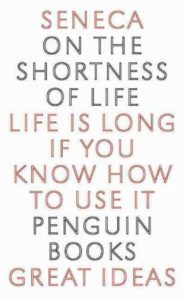
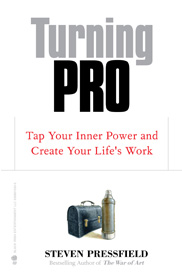
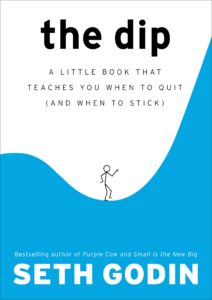
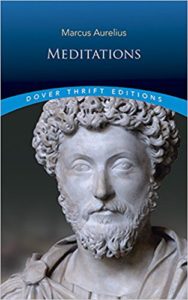
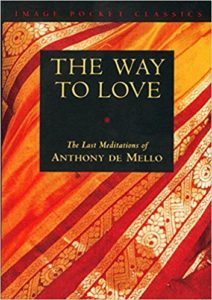
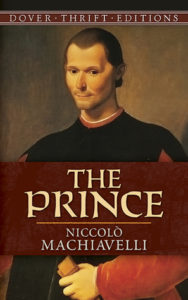

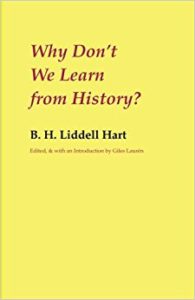
 I don’t remember how or why I first got hooked on classical music. I probably thought it made me feel cultured or intelligent as an 18-year-old college freshman. Since then, though, it’s become clear that the music itself has nothing to do with making someone smart or boosting mental performance. But it has everything to do with keeping you focused, calm, and creative, of which getting shit done is usually a byproduct.
I don’t remember how or why I first got hooked on classical music. I probably thought it made me feel cultured or intelligent as an 18-year-old college freshman. Since then, though, it’s become clear that the music itself has nothing to do with making someone smart or boosting mental performance. But it has everything to do with keeping you focused, calm, and creative, of which getting shit done is usually a byproduct.

 genuinely care about the material quality of goods. “Instead,” says Schor, “we’re in a world in which material goods are so important for their symbolic meaning…what they do to position us in a status system.
genuinely care about the material quality of goods. “Instead,” says Schor, “we’re in a world in which material goods are so important for their symbolic meaning…what they do to position us in a status system.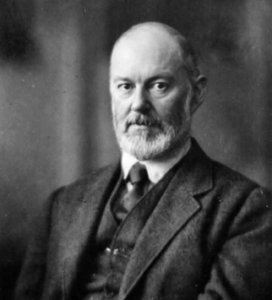
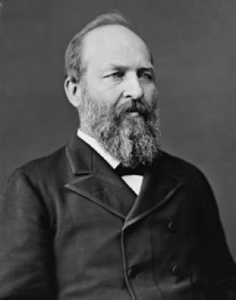 teaching a full course as a professor in addition to his own studies. By age twenty-six he was named the Dean of Students. This isn’t to say working hard as a janitor is the best path to the presidency, but Garfield’s story perfectly illustrates how a shift of mentality is the difference between feeling sorry for yourself and reaching your potential. He understood the distinction between wanting something and feeling entitled to it.
teaching a full course as a professor in addition to his own studies. By age twenty-six he was named the Dean of Students. This isn’t to say working hard as a janitor is the best path to the presidency, but Garfield’s story perfectly illustrates how a shift of mentality is the difference between feeling sorry for yourself and reaching your potential. He understood the distinction between wanting something and feeling entitled to it.
 But even more interesting than girls buying overpriced ($64) pieces of fabric to cover their private parts from two bros behind a laptop in Tucson is the bold gonzo-marketing stunt that these guys unleashed today.
But even more interesting than girls buying overpriced ($64) pieces of fabric to cover their private parts from two bros behind a laptop in Tucson is the bold gonzo-marketing stunt that these guys unleashed today. Engagement with social media releases the reward-chemical dopamine – this is why getting notifications feels good. It’s why we count our “likes” and log onto social media apps when we’re bored, lonely, anxious, or depressed. When people acknowledge us, however superficial that acknowledgement is, it feels good. When someone posts “Happy birthday!” on Facebook or retweets us, a signal is sent to our brain telling us we’re relevant and desired. And the more of it we get, the more dependent the brain becomes dependent on apps for temporary relief. Soon enough it becomes an addiction.
Engagement with social media releases the reward-chemical dopamine – this is why getting notifications feels good. It’s why we count our “likes” and log onto social media apps when we’re bored, lonely, anxious, or depressed. When people acknowledge us, however superficial that acknowledgement is, it feels good. When someone posts “Happy birthday!” on Facebook or retweets us, a signal is sent to our brain telling us we’re relevant and desired. And the more of it we get, the more dependent the brain becomes dependent on apps for temporary relief. Soon enough it becomes an addiction.
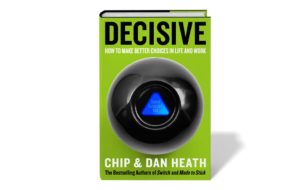 will you feel about the guy who cut you off in traffic in 10 minutes? 10 months? 10 years?
will you feel about the guy who cut you off in traffic in 10 minutes? 10 months? 10 years? A lot of people say this to me, but I don’t register what I do as being in fashion or anything. I just always liked nice clothes and would compete with my friends on who would get the freshest. I gave up competing long ago and now I just buy what I like no matter the brand. I believe the clothes one wears represents them – it’s the first thing anyone with eyesight will notice about you besides your face.
A lot of people say this to me, but I don’t register what I do as being in fashion or anything. I just always liked nice clothes and would compete with my friends on who would get the freshest. I gave up competing long ago and now I just buy what I like no matter the brand. I believe the clothes one wears represents them – it’s the first thing anyone with eyesight will notice about you besides your face.